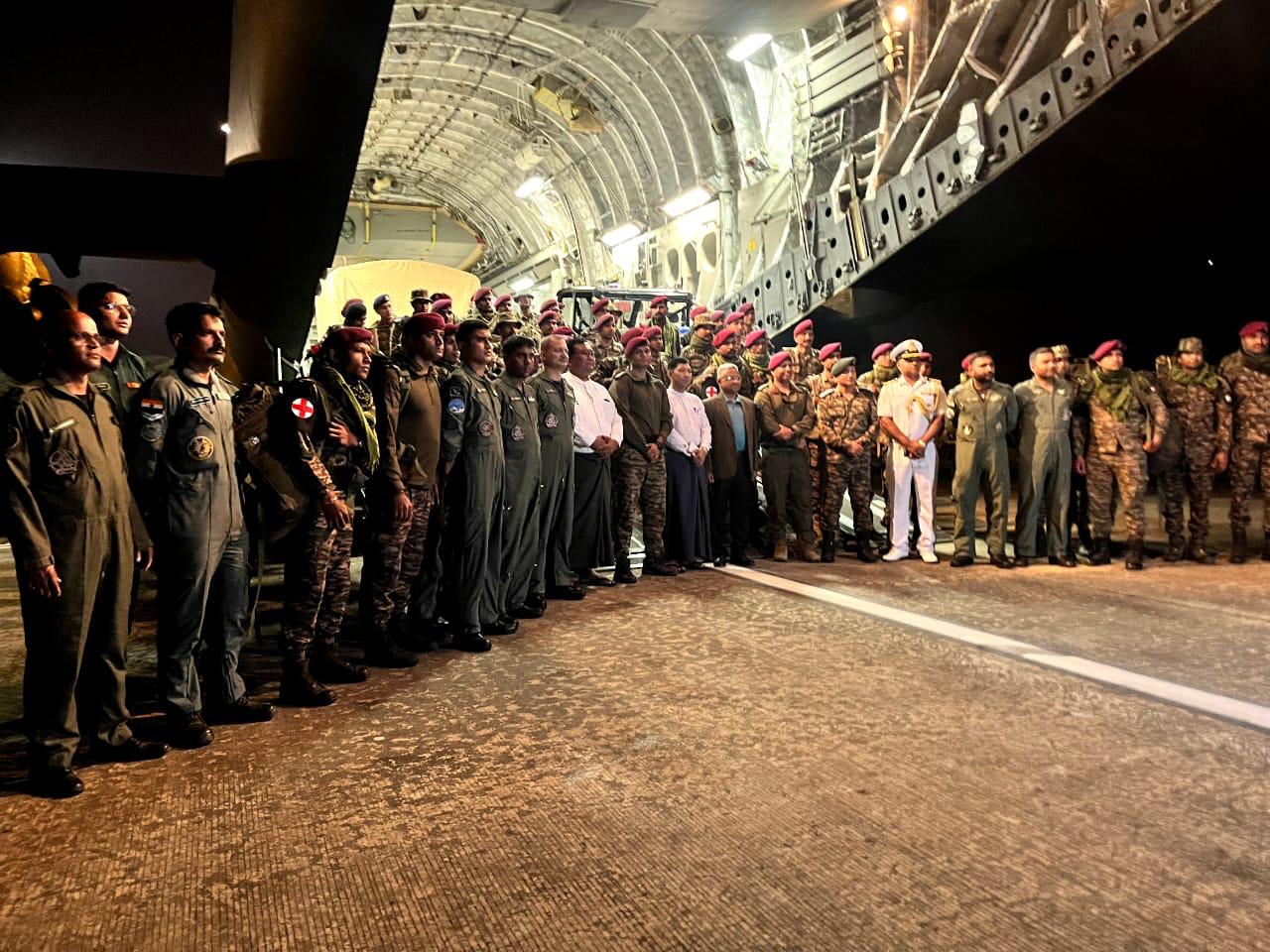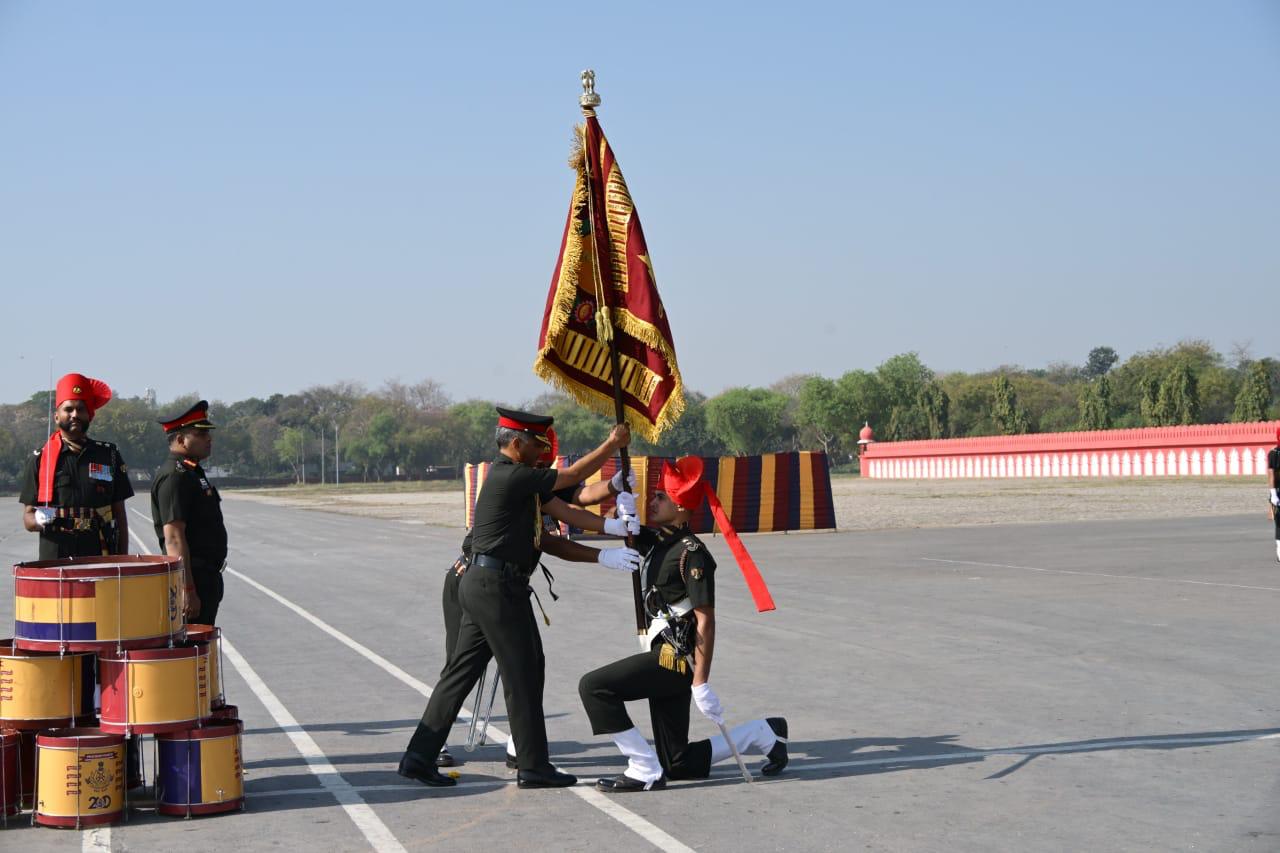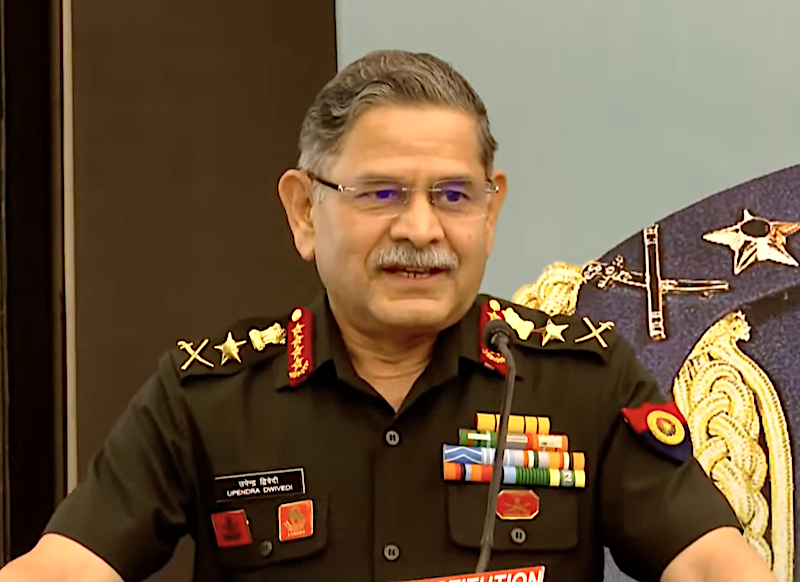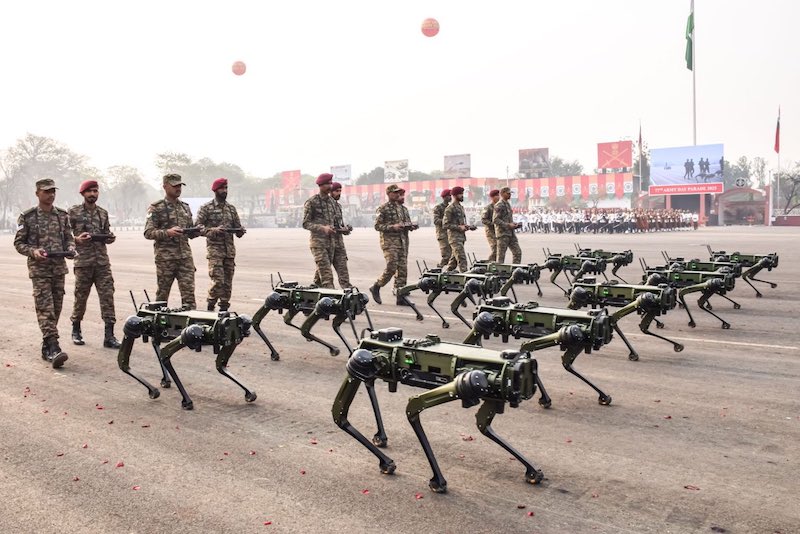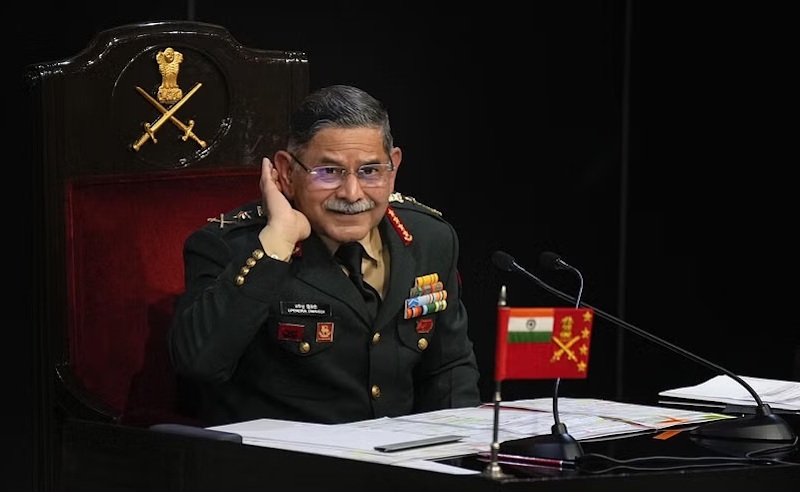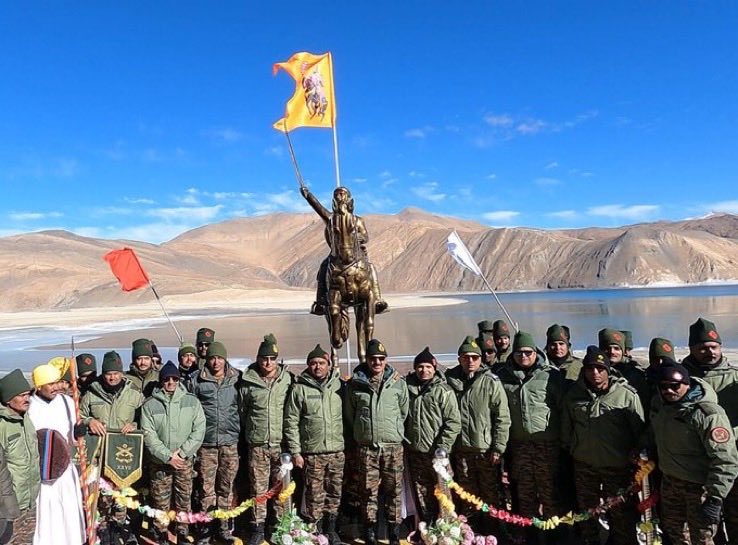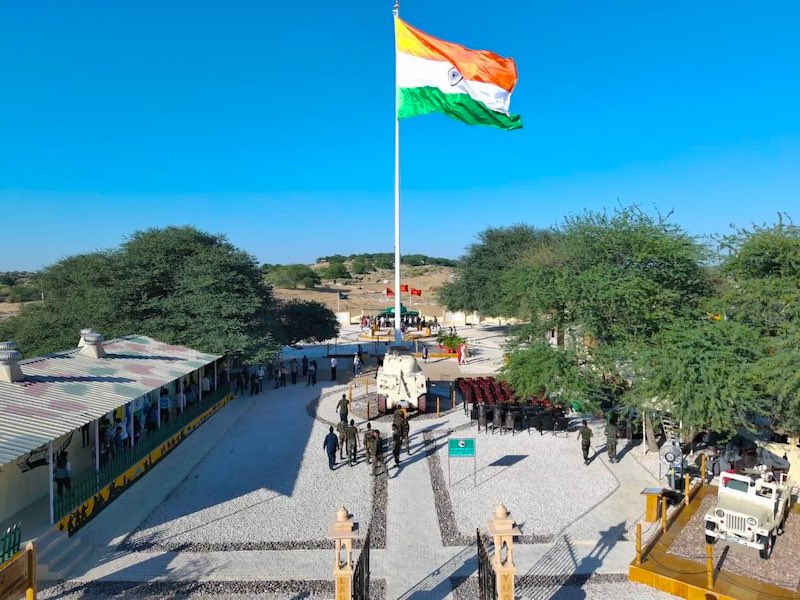
New Delhi: The military secretary’s office has issued a comprehensive promotion policy that will change the way how Indian Army officers of colonel and above ranks are promoted. The new promotion policy will come into effect from January 1, 2024.
The new policy will try to weed out the inconsistencies in the promotions of officers from the rank of colonel and above. It will also seek to streamline the process of calculating vacancies and creating vacancies across various arms of the service.
It also puts greater weight on the officers’ merit and physical fitness. The new policy will have new fitness parameters for each rank from colonel and above, i.e., colonel, brigadier, major general, and lieutenant general.
It may be noted that promotions to the ranks of captain, major, and lieutenant colonel are time-bound.
The new policy will also try to address the aspirations of officers of all wings and services. Talking to reporters, an official in the defence establishment said equal opportunities will be available for officers during evaluation. This, the Army expects, will bring in greater meritocracy in the service.
It will also decide the criteria for selecting officers for “staff stream” and “operational stream”. This will increase the promotion opportunities for officers as officers selected for staff stream will be eligible for next promotion in the same stream. Currently, the decision to promote a high-ranking officer to a stream depends upon a range of complicated policies and provisions, which cannot be applied uniformly across various selection boards.
It may be noted that the 1.2 million-strong Army has 80 lieutenant generals, 300 major generals, 1,200 brigadiers, and 5,600 colonels. The total strength of the officer cadre of the Army is 43,000.
It may also be recalled that the triservices – Indian Army, Indian Navy, and Indian Air Force – had announced the introduction of a common evaluation process for two- and three-star officers for promotion and posting, as India Sentinels reported in July this year.
This step, they say, is a move towards integration of the three services, which is critical for theaterization. However, the concept of theatre commands is apparently facing glitches currently.


